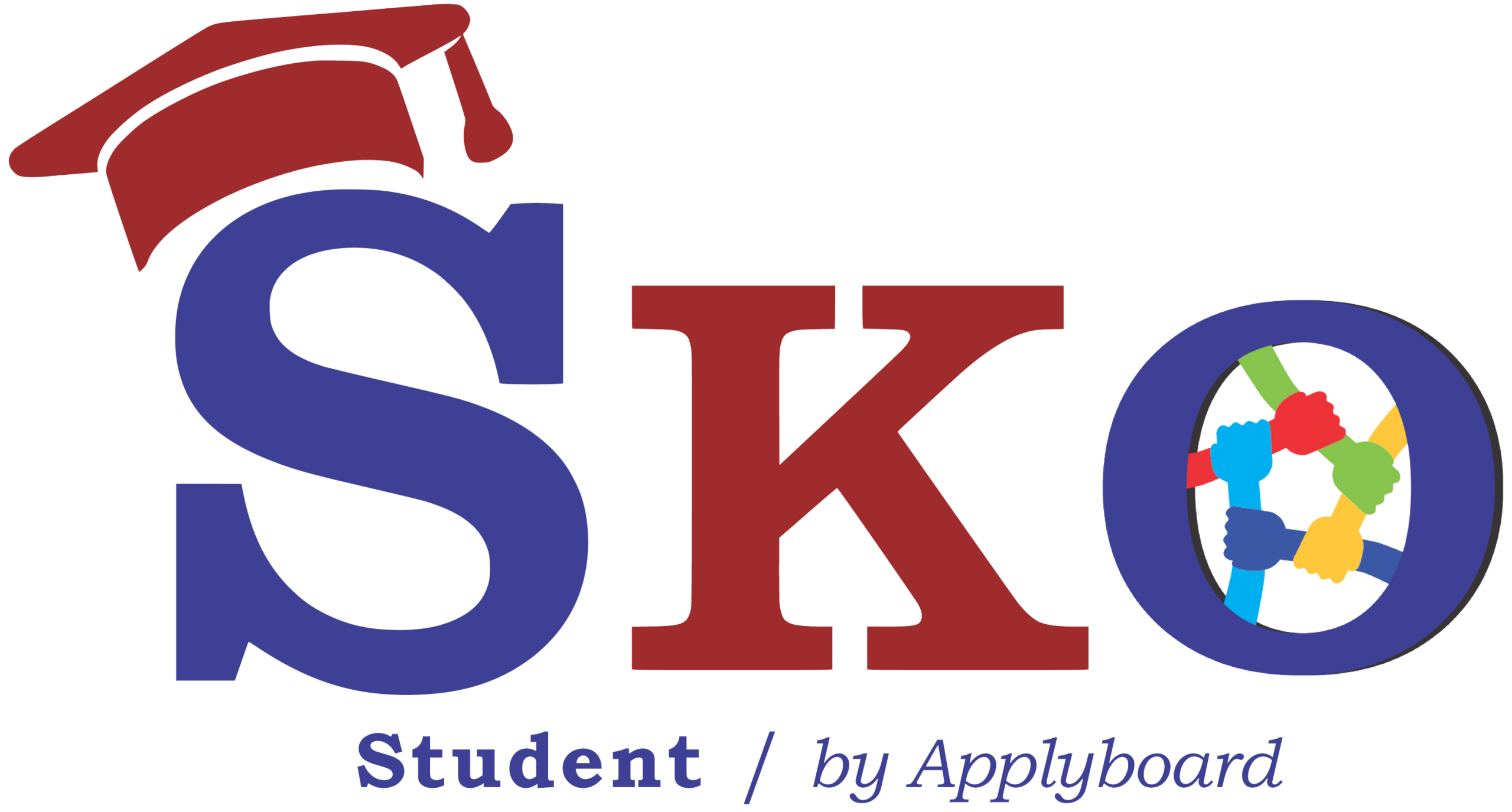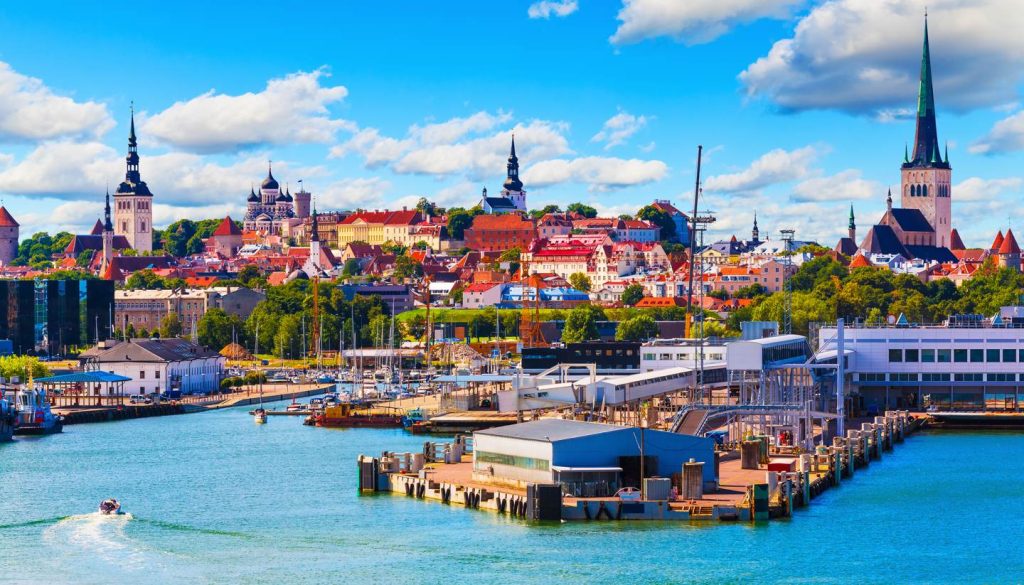Education in Estonia
Year after year, students looking for quality education, safe conditions, and budget-friendly living conditions go abroad to get higher education from their countries to well-known and pioneering universities. Estonia has the primary position in the university choices of many students, including young people from all over the world. Mainly, existing specialty programs in different fields of medicine, technology, and economy attract the attention of international students to Estonian universities due to their quality and scientific-methodical status. Before talking about the Estonian education system, let us take a look at a brief background about the country:
Estonia is a Northeastern European country located on the coast of the Baltic Sea. In 1991, after leaving the USSR, Estonia became a member of the UN. In a short time, it made significant progress in terms of economic development. Compared to other European countries, people from abroad make up the majority of the population in the country. Only two-thirds of the country consists of ethnic Estonians. Estonian is the state language of the country. Additionally, a quarter of the population speaks Russian. The country’s currency is the euro.
The Estonian education system is based on a four-level system: preschool, primary, secondary, and higher education. Academic education consists of 3 levels: bachelor’s, Master’s, and doctoral studies. Every year, the number of international students coming to Estonian universities constantly increases. Universities provide international students with theoretical and practical education under the requirements of the modern labor market.
Tuition fees in Estonia range from 1,000 to 7,500 euros for bachelor’s and master’s studies. Medicine, law, business administration, and social sciences are the most expensive majors. All doctoral studies in Estonia are free of charge. In addition, Estonian universities offer foreign students majors in modern, unique fields: cyber security, e-government technologies, and services, digital learning technologies, etc is an example of this. Technology has developed so much that the population of Estonia has become an electronic society, that is, government-population relations, implementation of public services, and all payments are carried out electronically. Even SKYPE, the most used online communication platform in the world, was created by Estonians.
Estonian universities
• Estonian Business University
• Tallinn University of Technology
• University of Tartu, Estonia
• Estonian University of Applied Sciences
• Estonian University of Life Sciences
• Estonian Maritime Academy
• Nord University
• University of Economics and Management
Scholarship in Estonia
Although Estonia is a member of the EU, it is a small country. Despite the small size of the country, the scholarship opportunities are broad.
Scholarship opportunities in the country are as follows:
1. Dora Plus Scholarship
The government provides this scholarship for international students. The scholarship is 350 euros.
2. Estonian Development Cooperation Scholarship
This scholarship is intended for the “Services” Master’s program.
3. Achievement Scholarship
This scholarship is awarded to a student with a good semester result. The scholarship is intended for both undergraduate and graduate students.
I live in Estonia.
International students studying in Estonia can stay in dormitories or rented houses, depending on their wishes. The price of the hostels varies between 110-120 euros. A student can cover his monthly expenses with 350 euros by choosing a dormitory as a place to live. A student can cover monthly living expenses with an average of 300-500 euros.
As for the price of apartments for rent, a one-person rental house in the city center is 462 euros, and the same apartment on the outskirts of the city is 328 euros.
If we talk about utility costs, if you live in an apartment with an area of 85 m2, a monthly utility fee of €172 is required, including electricity, heating, water, and garbage collection. Internet Wi-Fi fee is 23 € per month.
As for food costs, the price of some daily necessities is as follows: 1 liter of milk – 0.74 €, 1 kg of rice – 1.45 €, 500 g of white bread – 0.80 €, 12 eggs – 1.54 €, 1 kg of chicken meat – 5.33 €, 1 kg beef – 8.84 €, and 1.5 liters of water – 0.72 €.
If you order food from a restaurant, a meal for one person in an inexpensive restaurant will cost €8.00, a 3-course meal for two in a mid-range restaurant will cost €45.00, and 0.33 liters of water will cost €1.40.
Transportation costs – Students mostly prefer public transportation in their countries of study. A public transport ticket costs €1.50, and a monthly fare costs €23. The price of a regular taxi for a distance of 1 km is 0.65 €. If you use a private car, you should consider that the price of 1 liter of gasoline is 1.36 €.
In general, the high quality of education, the compatibility of living conditions with the student budget, the hospitality, the diversity of nature, and numerous other factors create ample opportunities for international students to study in Estonia.
Estonia study visa
The country is a member of the EU and requires a Schengen visa. All Schengen countries have the exact requirements.
You can apply by writing an application to the Estonian embassy of the country, showing a document that the Estonian university you have accepted invited you to.
In the application, you must state why you want to enter Estonia.
In Estonia
International students in Estonia are allowed to work while studying, provided they have a valid residence permit. Here are some job opportunities for international students in Estonia:
On-campus jobs: Many universities in Estonia offer on-campus jobs for international students, such as working in the library, cafeteria, or administrative offices. These jobs provide a convenient work-study option, allowing students to gain valuable work experience.
Part-time work: International students can also find part-time work in various industries, such as hospitality, retail, and customer service. These jobs provide flexibility and can be a great way to earn extra income.
Internship: Many companies in Estonia offer valuable work experience for international students and internships that can lead to potential job opportunities after graduation.
Freelance jobs: International students can also work as freelancers in various fields such as writing, graphic design, and web development. Freelancing allows students to work from anywhere and offers flexible working hours.
Students who have completed a higher professional and bachelor’s education program can continue their studies at the Master’s level.
Master’s studies in Estonia
The duration of Master’s studies is 1 or 2 years.
Bachelor’s education in Estonia the duration of education at the bachelor’s and Master’s levels is five years.
Students who have completed a higher professional and bachelor’s education program can continue their studies at the Master’s level.
What documents are required to study in Estonia?
• Copy of citizenship passport
• Bachelor’s degree from the university you graduated from
• A copy of your academic transcript from the university showing your subject grades
• IELTS certificate showing your English language proficiency: minimum 5.5 grade or TOEFL IBT (internet-based test): minimum 72 grade
• Letter of recommendation
• Letter of motivation, etc.
Why should I study in Estonia?
• You can study with high-quality and modern teaching methods.
• There are numerous and easy-to-access scholarship programs for international students. If you join the full scholarship program, you can study in Estonia for free.
• Universities offer more than 150 English majors. You can choose what you want from a rich database of specialties.
• Living expenses and tuition fees are affordable.
• Students can cover part of their living expenses by working part-time during their studies. Even after graduating from the university, international students are given six months to stay here and look for a job.
• Estonian university diplomas are recognized and selected in the international arena.
• You will become part of a rich and exciting student life.
• Estonia is considered one of the safest countries to live, study and travel.
• The local people love to sing, dance, and socialize. While studying in Estonia, you will easily communicate with the population, feel “at home,” and have fun.

